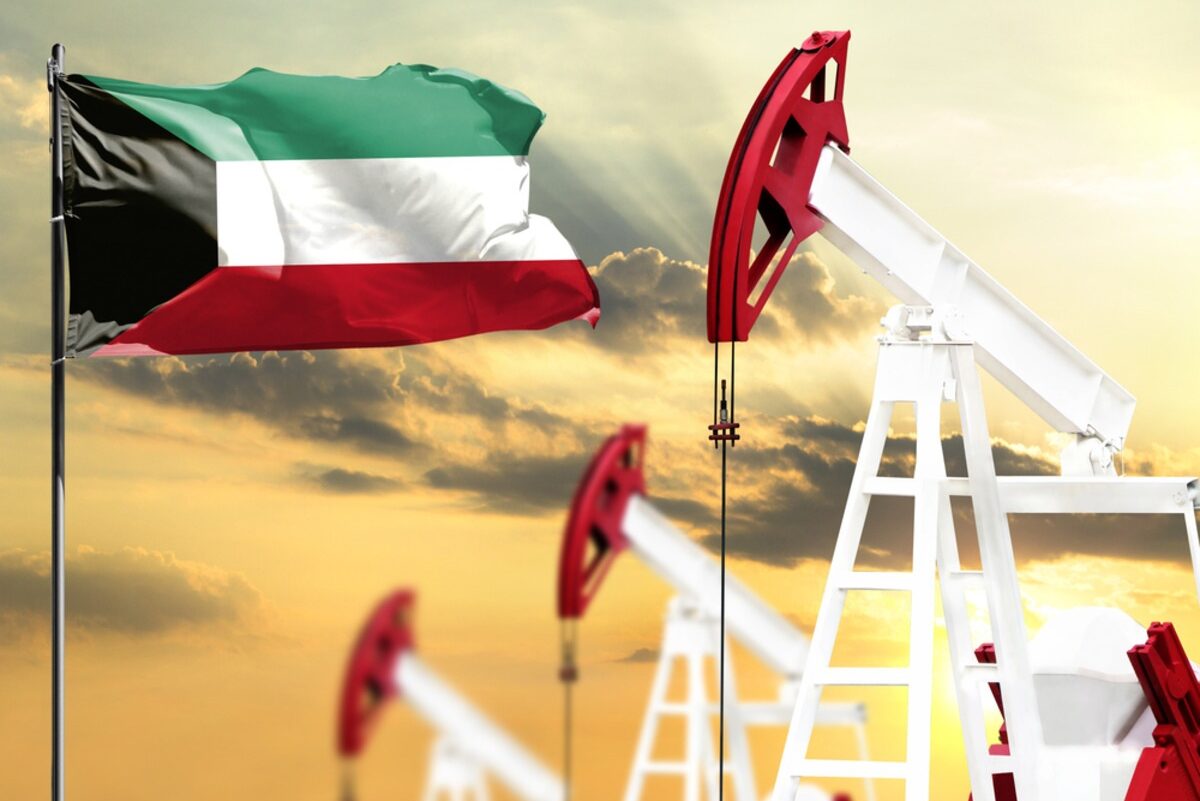Kuwait’s deputy prime minister and oil minister, Dr. Saad Al-Barrak, has announced that Kuwait aims to invest over $300 billion in the energy sector by 2040.
During the 8th OPEC International Seminar in Vienna, Al-Barrak spoke to the Emirates News Agency (WAM) and stated that the energy field requires annual investments worth $500 billion to meet global demand.
He said that Kuwait plans to increase its oil production capacity to 3.2 million barrels per day (BPD) by the end of 2024.
Read more: Kuwait raises oil output in line with OPEC+ to meet growing demand
According to Dr. Saad Al-Barrak, in 2022, the global energy market faced challenges due to a shortfall in investments. With only $300 billion invested, there was over a 40 percent gap, creating difficulties in meeting the growing energy demand.
Al-Barrak further emphasized the need for a significant increase in energy investments to ensure global economic stability and protect against price fluctuations.
Al-Barrak stressed Kuwait’s constructive role in supporting the Organisation of the Petroleum Exporting Countries (OPEC), promoting consensus, and working collaboratively with member countries and global customers to enhance market stability, resilience, and growth.
COP28
Dr. Saad Al-Barrak expressed his readiness to collaborate with the UAE to ensure the success of the upcoming Conference of the Parties ‘COP28’ by the end of this year, which is a crucial climate and environmental event for the region. He also reaffirmed Kuwait’s commitment to achieving net-zero carbon emissions by 2050 and stated that the country intends to invest in alternative and eco-friendly energy sources to strengthen its position as a global energy center.

Exploring the future of renewable energy
Kuwait, a country with vast oil reserves, is now looking toward a future of renewable energy. The Kuwaiti government has set a goal to generate 15 percent of its total power output from renewable sources by 2030, a significant increase from the current less than 1 percent contribution of renewable energy. This transition is not without its challenges, such as the harsh desert climate that can reduce the efficiency of solar panels and wind turbines. The lack of skilled labor and technical expertise in the renewable energy sector also poses a significant hurdle.
For more news on energy, click here.








